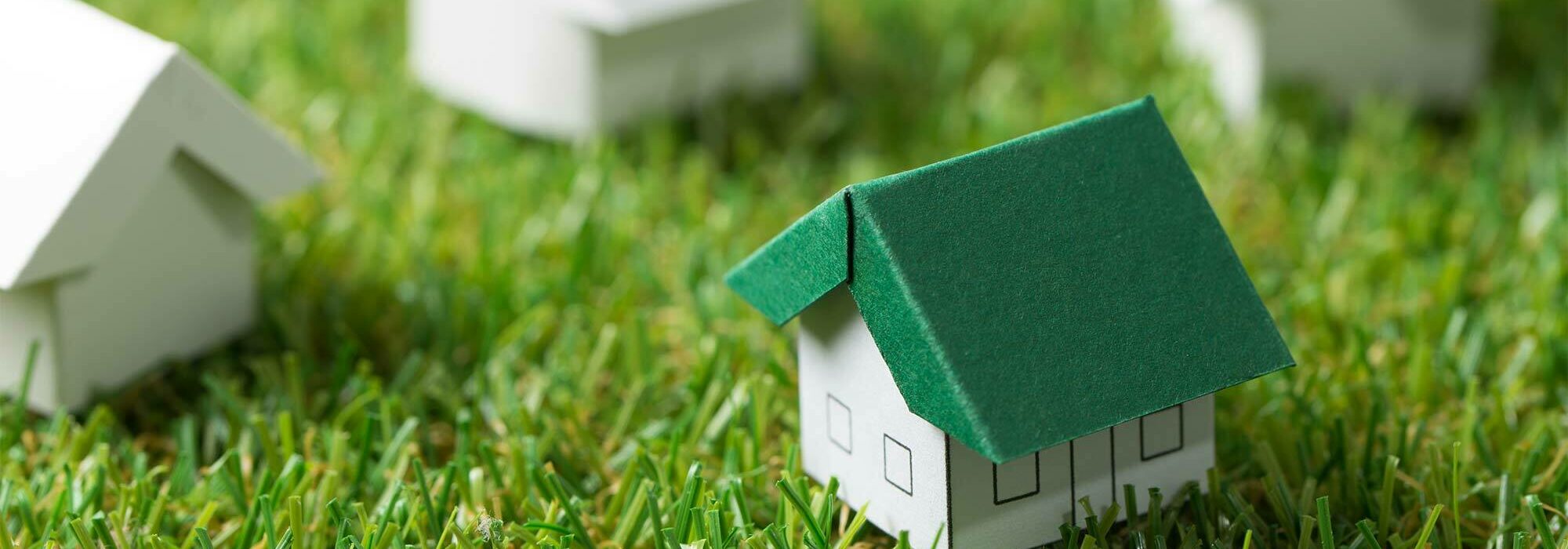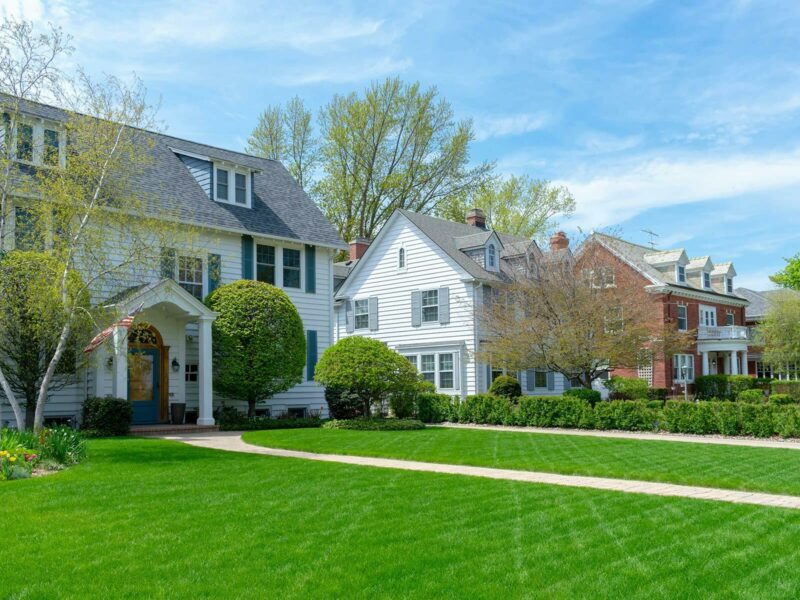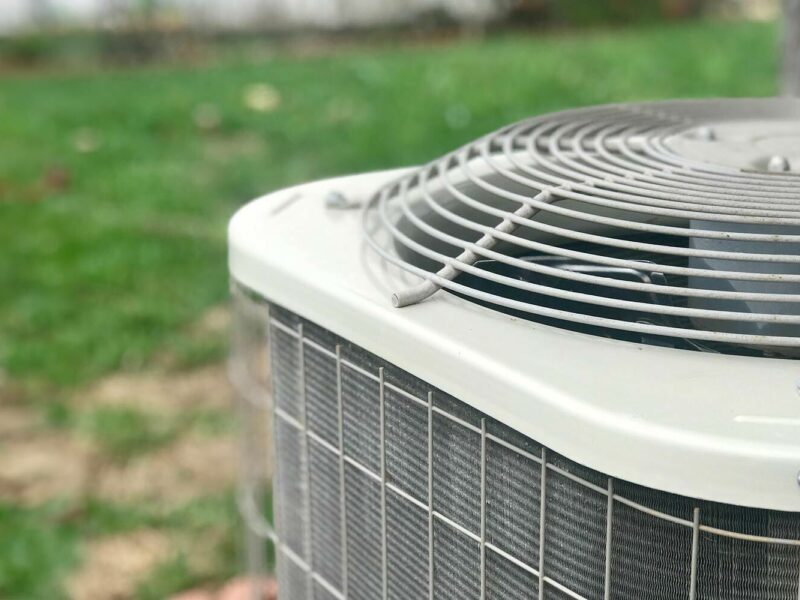Article Excerpt
Protect local wildlife and save resources with these lesser-known green tips for your home.
“Going green” in your home has many benefits. It can cut down on waste, such as unnecessary water or power use, or excess garbage. It can also save you money over the long run since many eco-friendly and energy-efficient home improvements translate into lower utility bills.
You’ve probably heard about many practices and products that are considered “green,” such as solar panels, ENERGY STAR-certified products, or windows that filter out UV and infrared radiation. Many of these products have a significant up-front cost. They are far from the only things you can do to make your home more environmentally friendly. The following are a few lesser-known – and occasionally less-expensive – green tips for your home.
Use safer weed killers.
Many safer weed killers are now available that use non-toxic substances that won’t hurt any animals and won’t cause any toxic runoff.
Maintaining a yard or garden often requires removing invasive plants. For many years, getting rid of weeds meant using toxic chemicals that kill certain plants, but not others. The problem with many of those materials is that they can also pose serious health risks to pets and wild animals. Just like you would never want weed killers to hurt your dog or cat, you should also consider the effect they might have on birds, squirrels, and other critters that visit your yard.
The safest way to deal with weeds, at least from animals’ standpoint, is to get on the ground and pull them up yourself. But that tedious method is not for everyone.
Invest in water-saving faucets.
Faucets and other accessories with the WaterSense label can reduce water flow by up to thirty percent.
People use more water than they probably realize at the kitchen or bathroom sink. A standard sink faucet can produce 2.2 gallons of water per minute. Whenever someone leaves the sink on while brushing their teeth, that could be a gallon or more of water wasted when all they needed were a few cups.
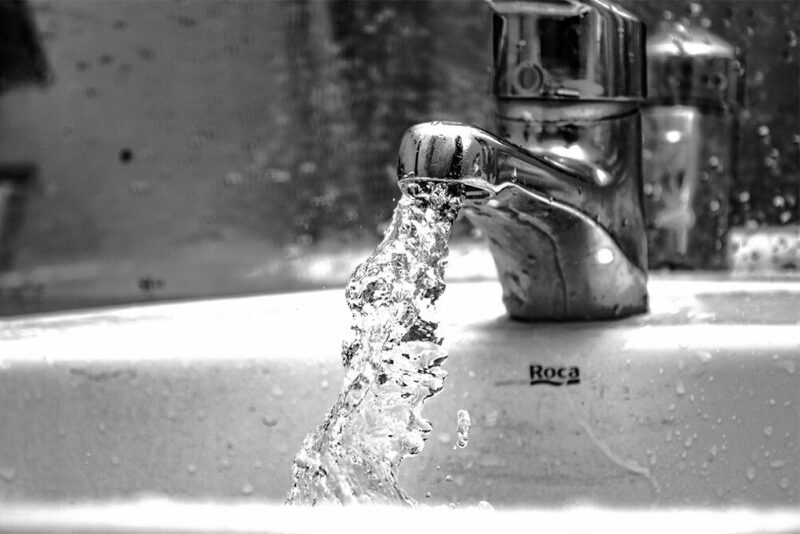
Photo by Tosab Photography on Unsplash
Make your windows more energy-efficient.
If brand new windows are out of your budget, tint and new weatherstripping may do the trick.
![Photo by Joel Penner on Flickr [Creative Commons] energy efficient windows with tint](/images/articles/_generalPhotoStandard/energy-efficiency-windows.jpg)
Photo by Joel Penner on Flickr [Creative Commons]
Energy-efficient windows are very effective at keeping heat out or in, depending on the climate. They can also be very expensive. If replacing your windows with energy-efficient ones is outside your budget, window tint treatments are available that can also cut down on your electricity bill. You should research these carefully, though, since not all window glass will take window tinting.
Go local before going shopping.
Local farms tend to produce less waste. More profit also goes toward the seller, as mass transportation and marketing aren’t eating into their expenses.
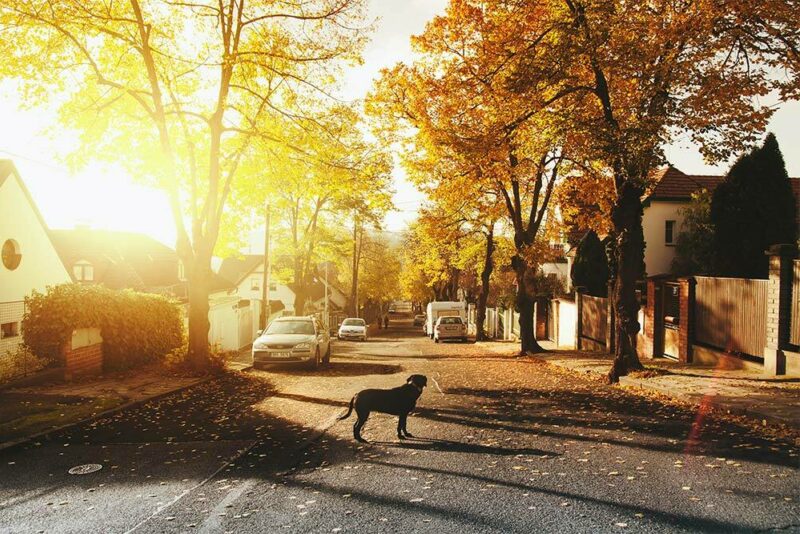
Photo by Daniel Frank from Pexels
The internet and social media have provided neighbors with new ways to connect with one another. Numerous online communities, such as Buy Nothing and Freecycle, allow neighbors to request, offer, and exchange items as an alternative to making new purchases or throwing something away.
Use rainwater where you can.
A rainwater collection system can be as simple as a barrel and a hose.
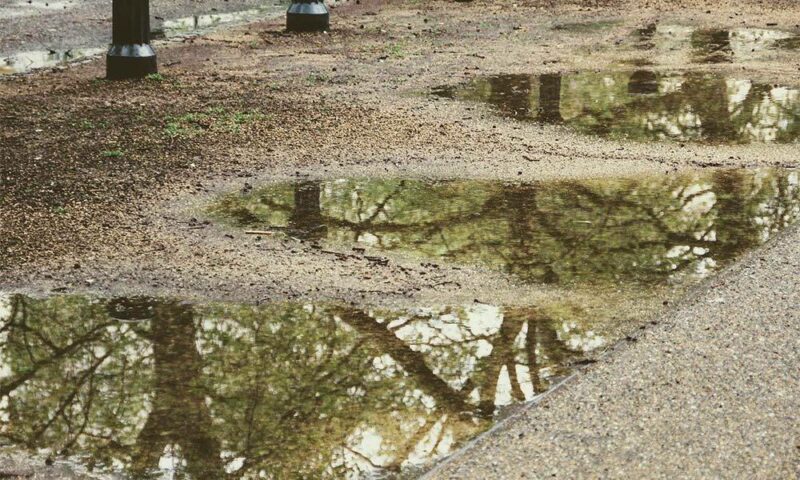
Photo by Peggy_Marco on Pixabay
Rain is common in many parts of Texas, and it can help you reduce your water usage. If you do not want to buy one, you can build one yourself with fairly common items. Before you do, though, be sure you are not subject to HOA rules or local regulations that prohibit rainwater collection.
» READ MORE: The Funniest HOA Rules We’ve Ever Seen
Ready to become a homeowner?
Take your commitment to environmental health to the next level by taking control of your own property. The Wood Group of Fairway can help with your home mortgage needs if you want to buy a new home or make changes to the home where you live now. Contact us today to get started on your free pre-approval.
